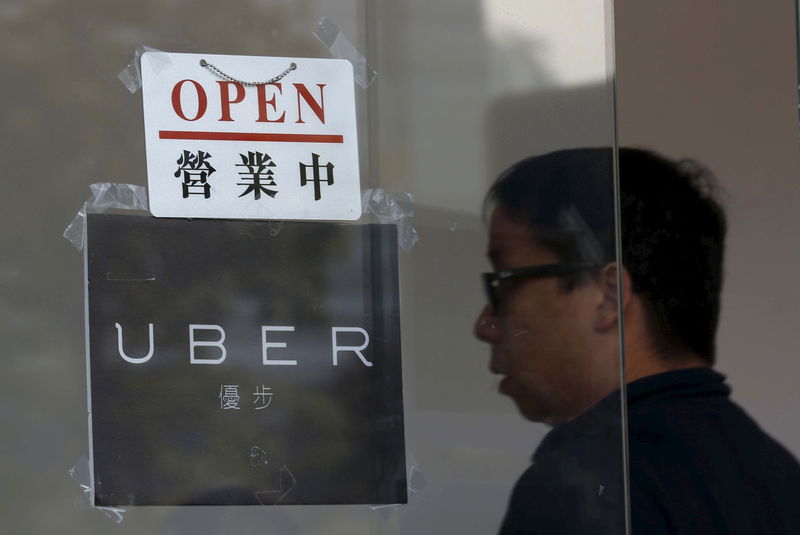This post was originally published on this site
https://i-invdn-com.investing.com/news/LYNXNPEC0E0GV_M.jpg
The IPO price for Instacart was set at $30 on Monday. Shares surged to over $40 shortly after trading began around 12:55 EDT, marking an increase of up to 43%. However, this fell short of the company’s peak valuation during the pandemic.
Instacart was established in 2012 by Brandon Leonardo, Apoorva Mehta, and Max Mullen (NASDAQ:MULN) and gained immense popularity during the Covid-19 stay-at-home orders. According to Crunchbase data, its pre-money valuation skyrocketed from $7.5 billion in November 2018 to nearly $40 billion in 2021. However, internal valuations subsequently declined due to shifts in consumer preferences, falling to $24 billion last spring and $12 billion in April. In the first half of 2023 alone, the company reported revenue of $1.5 billion and net income of $242 million.
The successful IPO has positioned Instacart as the third-largest company to go public in 2023. It follows Kenvue (NYSE:KVUE), a Johnson & Johnson (NYSE:JNJ) spinoff that went public in May, and Arm, a British chip designer that launched last week.
Alongside Instacart’s IPO came the announcement that Apoorva Mehta will step down from his role as chairman. Mehta served as Instacart’s CEO until 2021 and remains its largest individual shareholder.
The performance of gig economy companies has generally declined since 2021 as the U.S. began to recover from the pandemic. DoorDash, Uber (NYSE:UBER), and Lyft (NASDAQ:LYFT) have seen their share prices decrease by about 70%, 25%, and over 80%, respectively.
The trajectory of Instacart’s shares following its first day of trading will be closely watched. Other recent large IPOs, such as Arm, have experienced significant drops from their debut peaks. Arm’s shares have fallen more than 20% since its first-day high and are up about 6% from its IPO price. Notably, Instacart increased its IPO share price range by nearly 10% last week, following Arm’s early success.
This article was generated with the support of AI and reviewed by an editor. For more information see our T&C.

